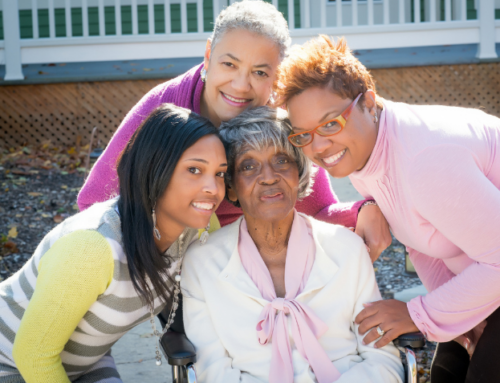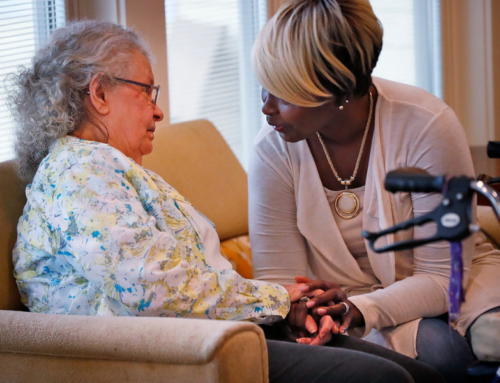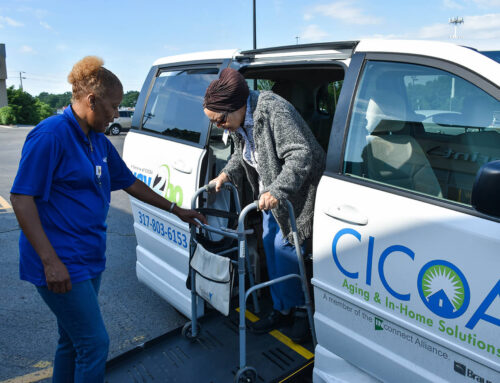
Preparing for the Inevitable
We lost my great-uncle on July 3rd. Uncle Junior, as he was so lovingly called by his nieces and nephews, lived a full life with his wife, Hazel. They traveled the world together collecting antiques, and wonderful memories before cancer began taking Hazel’s strength and eventually her life. Uncle Junior recently shared with my cousin who lives nearby that he was “tired of being alone.” At the ripe old age of 93, Uncle Junior went to sleep and took his last breath.
I don’t know about you, but this is the way that I want to die, peacefully in my sleep, with memories of loved ones and experiences running through my head. Some of us have thought about the most peaceful way to pass away, but how many of us are actually prepared for this transition?
Uncle Junior prepared everything for his departure and assigned that same nearby cousin with the task of carrying out his last wishes. I would like to share a few estate planning tips to consider much sooner than later. I know I’m glad that Uncle Junior did.
What do you own? Make a list and review your physical assets (jewelry, collectibles, guns, etc.) and non-physical assets (life insurance policies, IRA and 401k accounts, brokerage assets, etc.), as well as a list of all of your debts. Sit down with this information, pay off as much as you can, and give a copy of your assets list to your estate administrator and your spouse or children, you should also place one in a safe deposit box.
Update your contracts and assign transfer on death designations. You’ll want to talk with each company that you hold life insurance with to make sure that your beneficiaries are up to date and listed correctly. Transfer on death allows a designated person(s) to receive (inherit) your remaining assets at the time of your death. This is a way to avoid probate court, which I’ve been told you’ll want to do.
Everyone needs a will. A will designates how your assets will be divided and will hopefully avoid any confusion once you’re gone. Make sure that you sign and date all documents and have them notarized as well.
The most important piece of paper you’ll ever sign. Everyone wants control over how they live their life, even when it’s nearing the end. You want more than anything to create a Power of Attorney and Living Will. A power of attorney gives the person that you designate the power to act on your behalf. This person may be able to make all decisions for you or just “limited” decisions, such as financial and/or medical decisions. A living will or advanced directive states the medical care you do or don’t want in the event that you can’t communicate your wishes. If you don’t want a feeding tube or to be kept alive in the case that you aren’t able to breathe on your own, your living will should state that.
This information was gathered from Investopedia. I highly recommend that you talk with a trusted attorney and your family when making these decisions. I also stress the importance of taking these steps sooner rather than later.
Candace
Sign-Up for the Joy's House Newsletter!
Join our community and get updates straight to your inbox.






